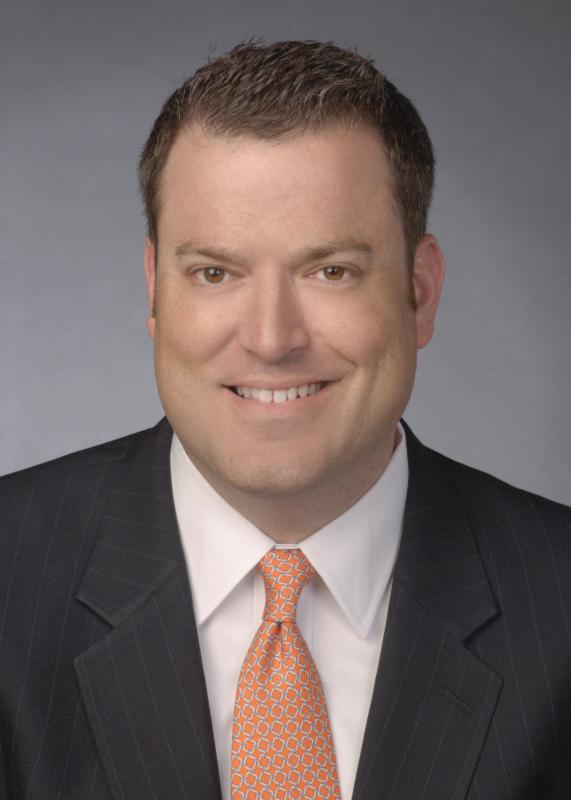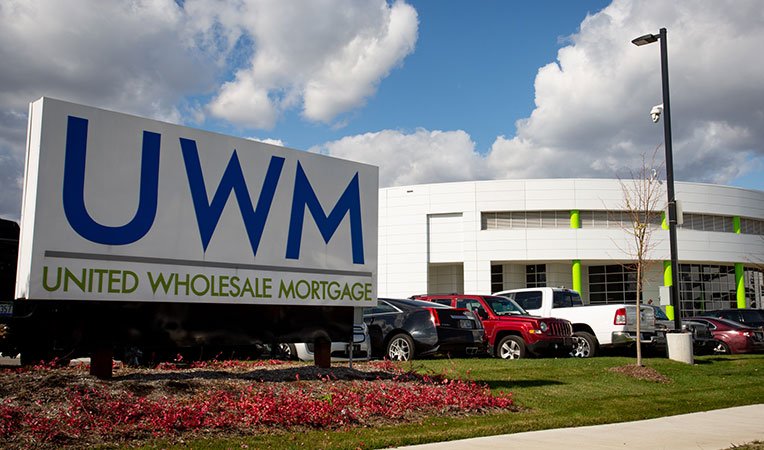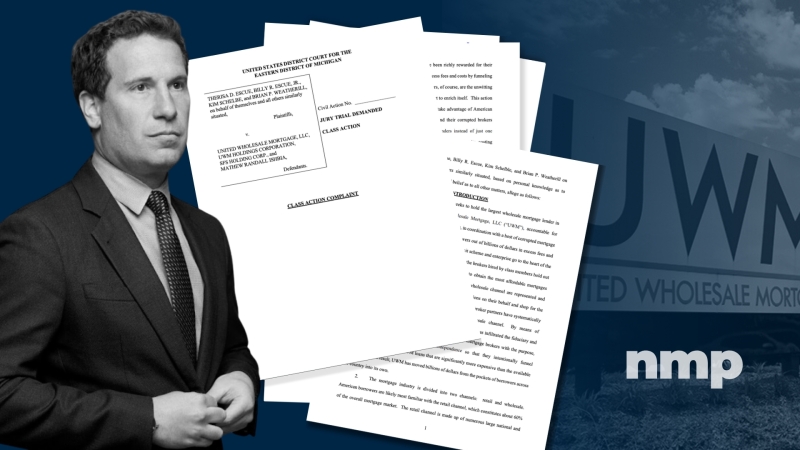MBA's Mortgage Action Alliance: A Message From MAA Chairman Fowler Williams

The U.S. House of Representatives recently took up a Senate-passed bill, the SCRA Foreclosure Protection Act, which would renew protections for foreclosure for military personnel transitioning back to civilian life. The bipartisan legislation, which the Mortgage Bankers Association (MBA) had testified in support of earlier this year, ensures the brave men and women of our military won’t lose their home when they transition back to civilian life. A Call to Action was issued to Mortgage Action Alliance (MAA) members regarding HR 2121, an MBA priority and an important bill for the mortgage industry that would provide transitional authority to originate mortgages for individuals who move from a federally-insured institution to a non-bank lender while they work to meet the SAFE Act’s licensing and testing requirements.
House Republicans recently released their Budget Resolution, and in a victory for the industry, included an MBA-supported prohibition on the use of Fannie Mae and Freddie Mac guarantee fees to pay for unrelated spending. The Budget Resolution, which serves as a fiscal blueprint for spending and tax policy, faces an uncertain future in the full House due to concerns about overall spending levels.
Please stay tuned for any future MAA Calls to Action to ensure this vital provision is included in any budget deal.
The Mortgage Action Alliance recently sent out a letter asking MAA members about any personal relationships that they have with their elected officials. These relationships can be incredibly valuable to our advocacy efforts on behalf of the industry. Please consider joining MAA and helping us leverage your personal relationships to advocate on behalf of our industry. The industry’s ability to navigate and manage these policy challenges will be critical to our efforts to serve consumers.
Getting involved with MAA allows industry professionals to play an active role in how laws and regulations that affect the industry and consumers are created and carried out by lobbying and building relationships with policymakers. It only takes a moment to get started, and you do not have to be a member of MBA to enroll. The larger the group, the louder the voice!
If you would like to run an MAA campaign, please contact Peter Shapiro at (202) 557-2933 or e-mail [email protected] to receive an Enrollment Campaign Kit and learn more about how you can engage your colleagues and employees in MBA’s advocacy programs.
Real estate finance industry professionals who wish to join or learn more about the MAA can do so at Action.MBA.org. If you have any questions regarding MBA’s advocacy programs, please contact MBA’s Director of Political Affairs Annie Gawkowski at (202) 557-2816 or [email protected].

Fowler Williams is chairman of the Mortgage Bankers Association’s Mortgage Action Alliance. He is also president of Atlanta, Ga.-based Crescent Mortgage. He may be reached by phone at (800) 851-0263 or e-mail [email protected].
This article originally appeared in the April 2016 print edition of National Mortgage Professional Magazine.





